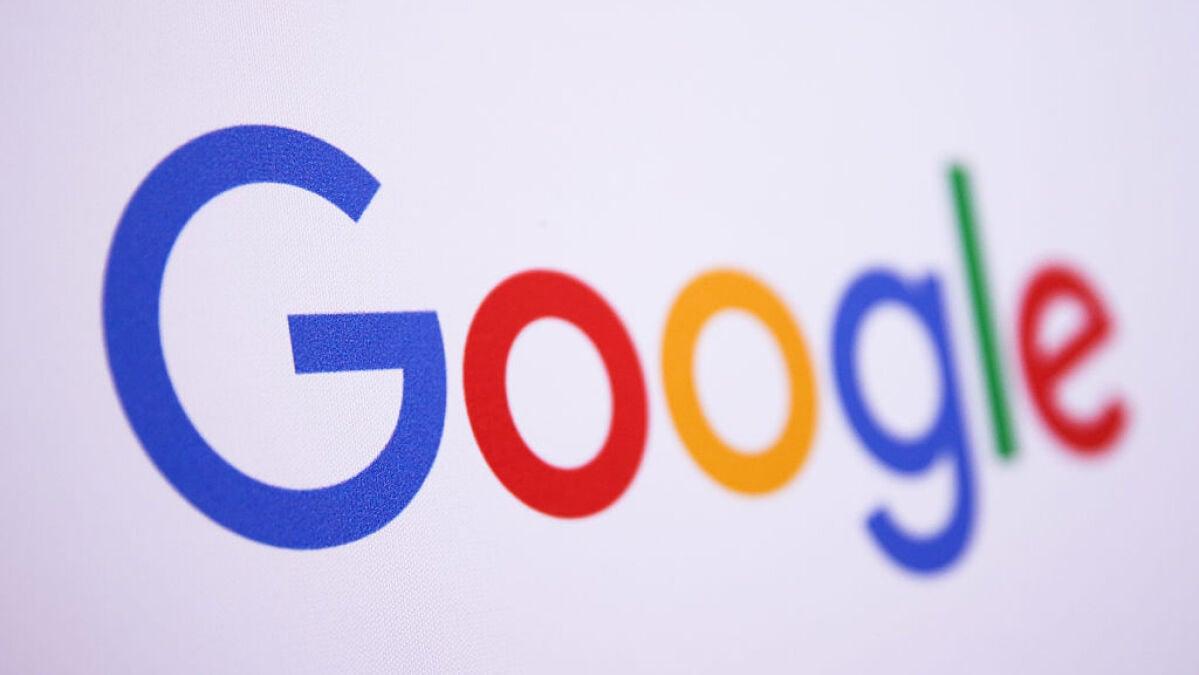More research has been published about AI Overviews' effect on declining publisher traffic, athough Google continues to deny it.
A study from the Pew Research Center found that the appearance of Google's AI-generated summaries at the top of the search page significantly impacted outbound clicks to other websites. A group of 900 U.S. adults participating in the study agreed to share their browsing activity. Here are some of the findings from the Pew study:
Google users served an AI Overview clicked on links to other websites 8 percent of the time, nearly half as often as users without an AI Overview (15 percent).
Users were more likely to end their browsing session after encountering an AI Overview. Users ended their sessions on 26 percent of the pages, compared to 16 percent of pages without the AI summaries.
Only 1 percent of users encountering an AI Overview clicked on a cited link in the summary.
The study, which was first published in May and republished earlier this week with additional analysis, echoes what publishers have been saying ever since AI Overviews launched last year. The advent of AI-generated summaries gathered from web data has radically upended the need for users to click to sites in Google search results to find the information they need. That the summaries are sometimes wrong or hallucinated is an entirely different can of worms.
Mashable Light Speed
Organic search traffic from major news sites including the Wall Street Journal, The New York Times, and The Washington Post has declined according to SimilarWeb data. And smaller, independent sites say the rollout of AI Overviews has forced them to shut down their sites or entirely reinvent their distribution model as a result of declining traffic, according to a Bloomberg report. Other reports from SEO analysts found the presence AI Overviews reduced clicks to sites, compared to traditional search results.
Google leadership has repeatedly refuted these claims, saying they have not seen a change in outbound clicks. "For any individual publisher, there's lots of reasons why something could fluctuate," Robby Stein VP of product for Google Search said in a May interview with Mashable. "We don't really look at specific publishers in that way. We think about it really in the aggregate."
In an interview with The Verge, CEO Sundar Pichai addressed claims of declining traffic, saying "we are sending traffic to a broader source of people. People may be surfacing more content, looking at more content, so someone may individually see less."
In response to the Pew findings, Google told The Register that they believe the study "uses a flawed methodology and skewed queryset that is not representative of Search traffic," before adding "We consistently direct billions of clicks to websites daily and have not observed significant drops in aggregate web traffic as is being suggested."






